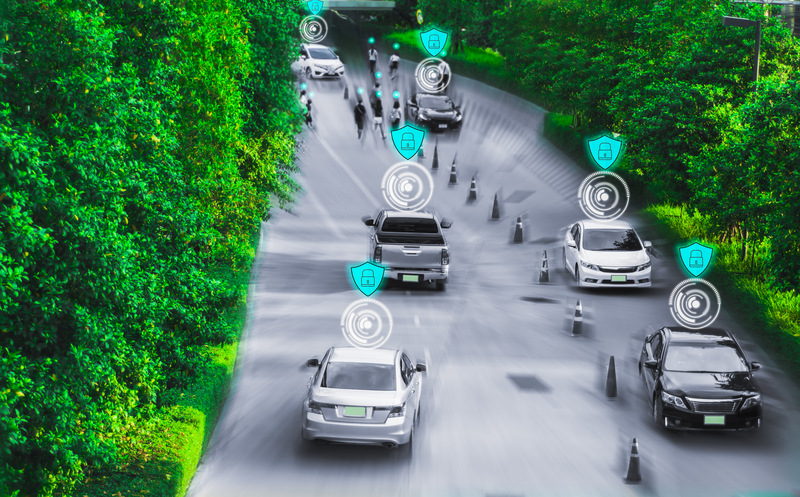Self-driving cars have been a hot topic in technology and transportation industries for years now. With advancements in artificial intelligence, robotics, and machine learning, autonomous vehicles are becoming increasingly common in our daily lives. These developments promise to disrupt and transform the transportation industry completely. In this article, we will discuss the impact of autonomous vehicles on the future of transportation.
Increased Efficiency and Safety
Driverless cars don’t get tired or distracted by other tasks, which means they can operate for longer hours compared to traditional human-driven cars. It implies that self-driving vehicles will increase the efficiency of transportation by reducing traffic congestion on roads, leading to faster and more reliable travel.
Moreover, autonomous cars are equipped with a range of sensors, data processors, and algorithms that allow them to detect and react to their environment quickly. This feature makes it less likely for driverless cars to get involved in accidents or collisions with other vehicles. According to a report by mckinsey & Company, self-driving cars will reduce the number of accidents caused by human error by up to 90%, saving thousands of lives every year.
![]()
Reduced Carbon Footprint and Environmental Impact
Electric autonomous vehicles can have a significant environmental impact. These cars rely on batteries that can be charged with renewable energy sources, such as solar or wind power. Because they don’t emit any harmful pollutants or greenhouse gases, they’re much better for the environment than traditional gasoline or diesel vehicles.
Additionally, autonomous cars are more likely to prioritize safety and efficiency to reduce the number of trips taken. With fewer cars on the road, we can reduce overall energy consumption and the carbon footprint associated with transportation.
Improved Accessibility and Mobility
Autonomous vehicles would significantly improve accessibility and mobility for disabled and elderly people. Today, many individuals with disabilities cannot drive themselves due to physical limitations. Autonomous cars will make it possible for them to travel freely and safely, which will give them greater independence and improve their quality of life.
Furthermore, self-driving cars will have the capability to operate a ride-sharing service on-demand, reducing the demand for personal cars. It will make transportation more affordable and convenient for everyone, particularly in urban areas where public transportation is insufficient.
New Business Opportunities

As self-driving cars become more affordable and widespread, there will be opportunities for new businesses and services related to transportation. For example, companies may invest in autonomous trucking fleets to replace human drivers or develop new mobile service offerings for in-car customers while they’re being transported.
Autonomous vehicles have the potential to revolutionize the transportation industry. They will improve efficiency, safety, accessibility, and sustainability in ways we cannot imagine today. Although there are still some challenges and legal frameworks that need to be addressed, the future of transportation looks bright with autonomous vehicles in the mix.




